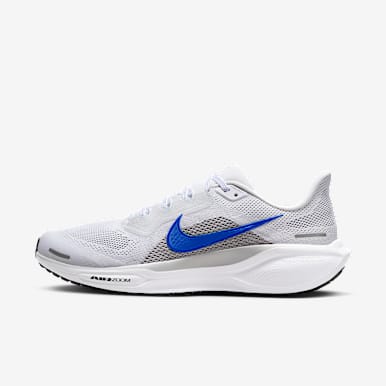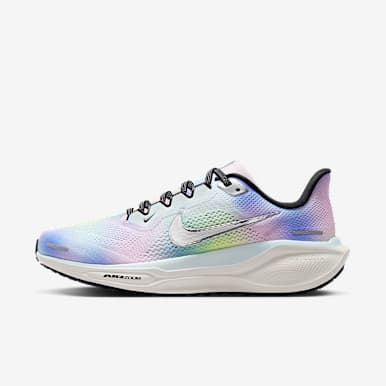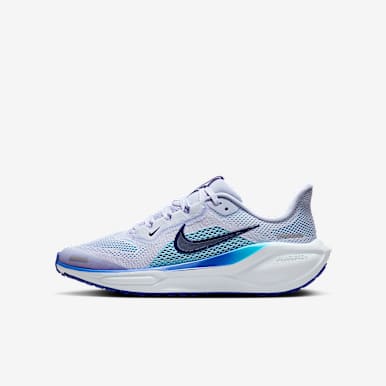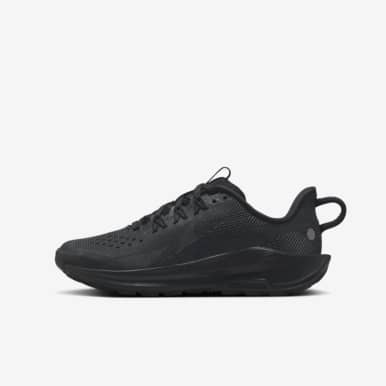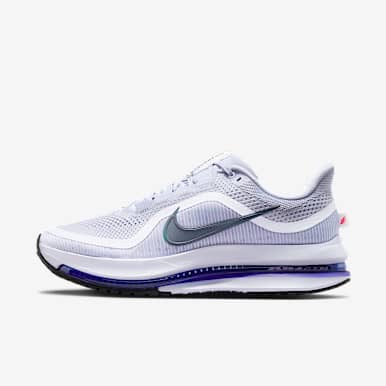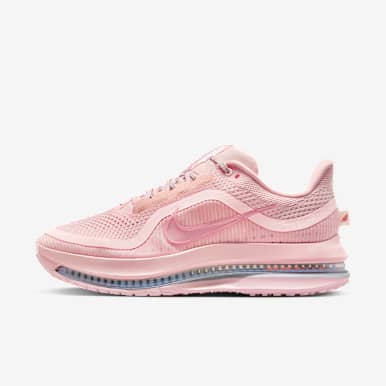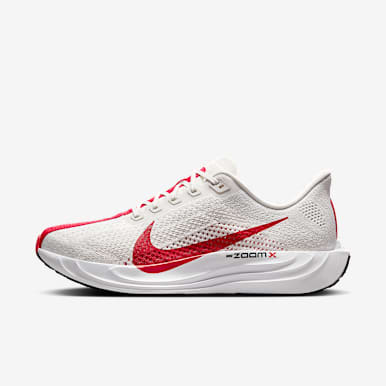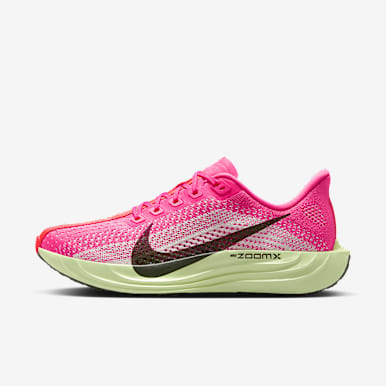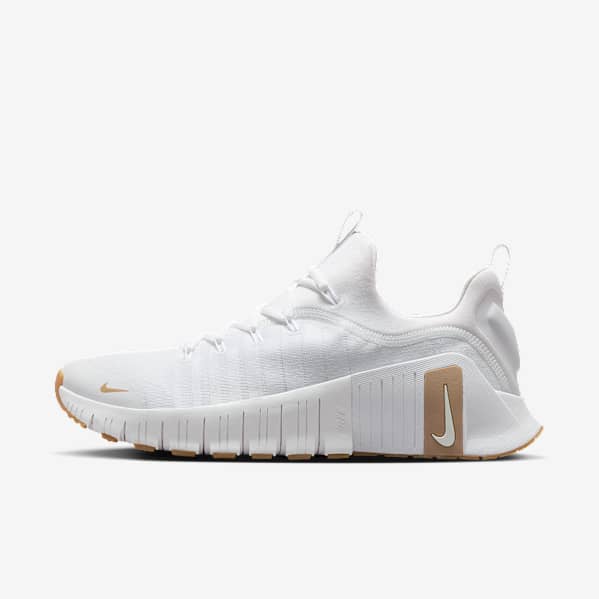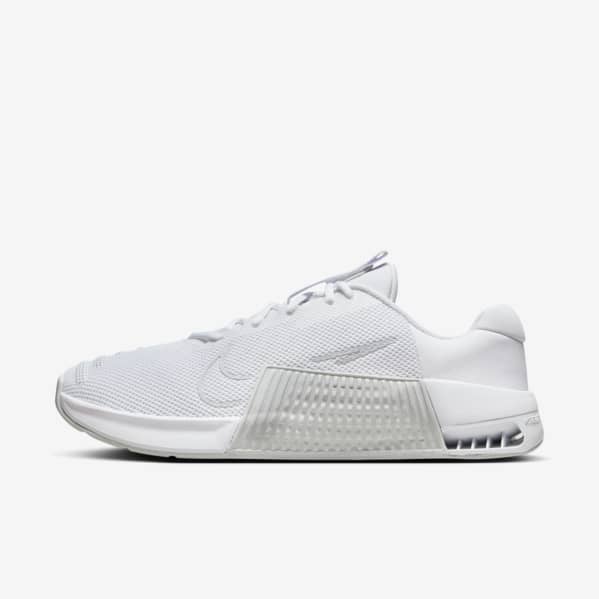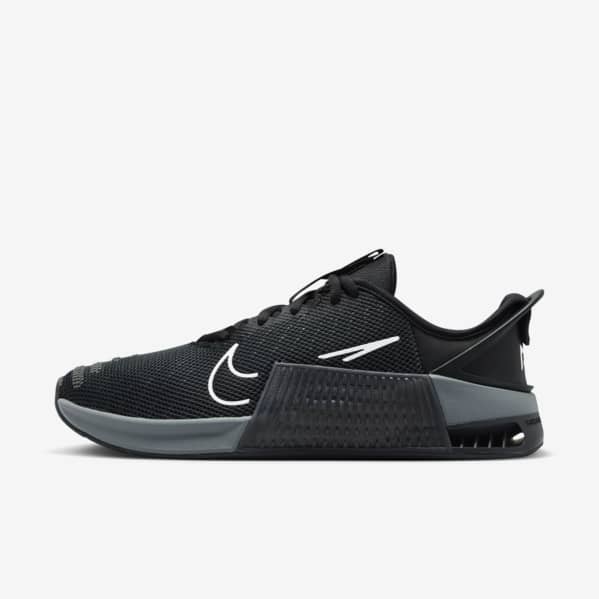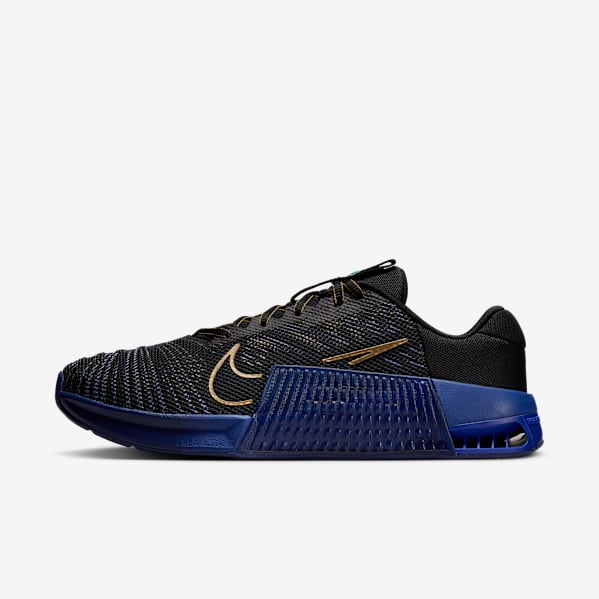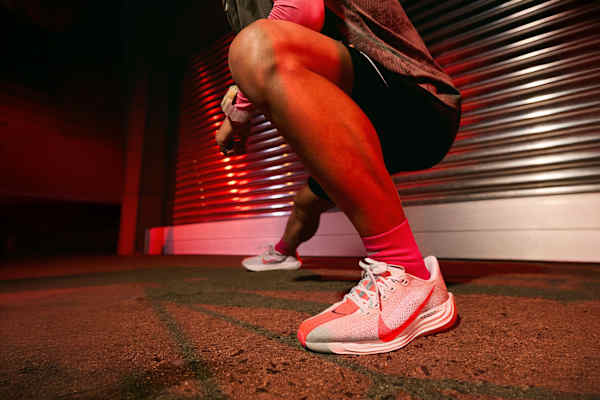Should I Run Before or After a Strength Workout?
Activity
Learn why the order of your workouts is key to your athletic performance.

While it may seem trivial to obsess over which workout to do first, running or weight training, it actually matters when it comes to achieving your fitness goals, experts say.
“The order of your workouts directly impacts your performance and the effectiveness of your training,” says Jay Silva, C.S.C.S., RRCA-certified running instructor with TeachMe.To. “Prioritizing one activity over the other allows you to dedicate maximum energy to what aligns most closely with your primary goal.”
If you’re fatigued after completing your first activity, you won’t have as much energy to dedicate to that second workout. That’s OK, but the order of events could hinder your success in either activity. That’s why it’s critical to identify what your top performance goals are first, then choose which activity you begin with.
Identify Your Goals
It’s pretty simple, says Raquelle Felder, P.T., D.P.T., owner of San Diego Mobile Rehab and Physical Therapy. “You want to start with exercises that will help you reach your ultimate goal first, since you will be most energized and focused at the beginning of your workout.”
So, for instance, if building strength is your top goal, Silva recommends starting with weight-lifting. “Conversely, if improving your aerobic endurance is your priority, starting with running ensures you have the energy to train effectively,” he says. “Your body’s energy systems and recovery capabilities are finite, so structuring your workouts strategically helps you get the most out of your efforts.”
Goal 1: Build Muscle Mass or Increase Strength
If your main fitness goal is to increase muscle mass or strength, it’s smart to prioritize your resistance training workouts over your cardio ones.
“Weightlifting requires precision, proper form and maximum energy to effectively overload your muscles and stimulate growth,” Silva says. “Starting with cardio before lifting can deplete your glycogen stores and leave you fatigued, making it harder to perform at your best during strength exercises.”
Apart from fatigue, jogging or running at a comfortable pace recruits a different type of muscle fibers than when you perform explosive movements during strength-training sessions. More specifically, when you lift weights, you recruit your fast-twitch (type II) muscle fibers, which are essential for hypertrophy, or increasing the size of your muscles.
Running, which engages your slow-twitch (type I) muscle fibers to carry you through sustained aerobic efforts, should always be done after lifting if building strength or muscle mass is your main goal.
But it may not be wise to run directly after your strength session. Leo Hipp, a performance physiologist at Human Powered Health, recommends running later in the day, if not on separate days entirely. It’s important to allow at least four hours of recovery between workout sessions to ensure you don’t diminish any of your strength gains, Hipp says.
Goal 2: Build Aerobic Endurance
“If your goal is to build endurance, you should run first,” Silva says. “Endurance training relies heavily on aerobic energy, and starting with running ensures that your cardiovascular system is working at its peak capacity before fatigue sets in.”
If you hit the barbell rack first, you may fatigue essential stabilizing muscles which could “compromise your form and performance during your run,” Silva adds. That’s especially the case if you’re aiming to do a long run.
For people who are new to working out, making your cardio workout the priority will help you develop your aerobic base more effectively than beginning with resistance training.
Pro tip: “If you want to strength train after your run, focus on higher repetitions, like 12 to 15 reps of each move, to activate type I muscle fibers and really train those endurance muscles,” Felder says.
Why You Should Always Do a Cardio Warm-Up
It’s always a good idea — no matter if the workout you’re gearing up to do is cardio or resistance training — to prep your muscles before you begin.
“Before doing any exercise that puts high stress on your muscles, it’s important that your cardiovascular and muscular systems get time to get ‘revved up,’’’ Hipp says. A light cardio warm-up, such as cycling and jogging, or even doing dynamic stretches (like leg swings or jumping jacks) can promote blood flow to your muscles, transitioning them from a resting state to a “ready” state, Silva explains.
Warming up your muscles properly before a workout can also help reduce your risk of injury, Felder adds. “It’s worth taking 5 to 10 minutes to warm up, as it decreases muscle stiffness, prevents muscle imbalances, and it just feels good,” she says.
You Can Combine Cardio With Strength Training
If your goal is to stay healthy or prioritize doing movements you enjoy the most, you can do both types of workouts at the same time. Research suggests your body can effectively alternate between recruiting your fast- and slow-twitch muscle fibers in one workout.
That makes sense, given that HIIT and circuit training are known to feature both types of workouts. And the experts say there can be benefits to combining them. “Alternating strength and cardio efficiently improves endurance, muscle strength and burns calories in a short amount of time,” Felder says.
As Silva points out, some HIIT workouts alternate between short bursts of intense cardio and strengthening movements. “It’s a time-efficient way to build both endurance and muscle,” he says. Another option? “Circuit training combines strength exercises with minimal rest between sets, keeping your heart rate elevated and improving both muscular and cardiovascular endurance.”
The Bottom Line
There’s no one right way to schedule your workouts. Identifying what you hope to achieve with your training regimen is the first step to figuring out which order makes the most sense for you. “When deciding whether to run before or after a strength workout, consider your long-term goals, personal preferences and how your body feels on any given day,” Silva says.
Words by Cheyenne Buckingham
